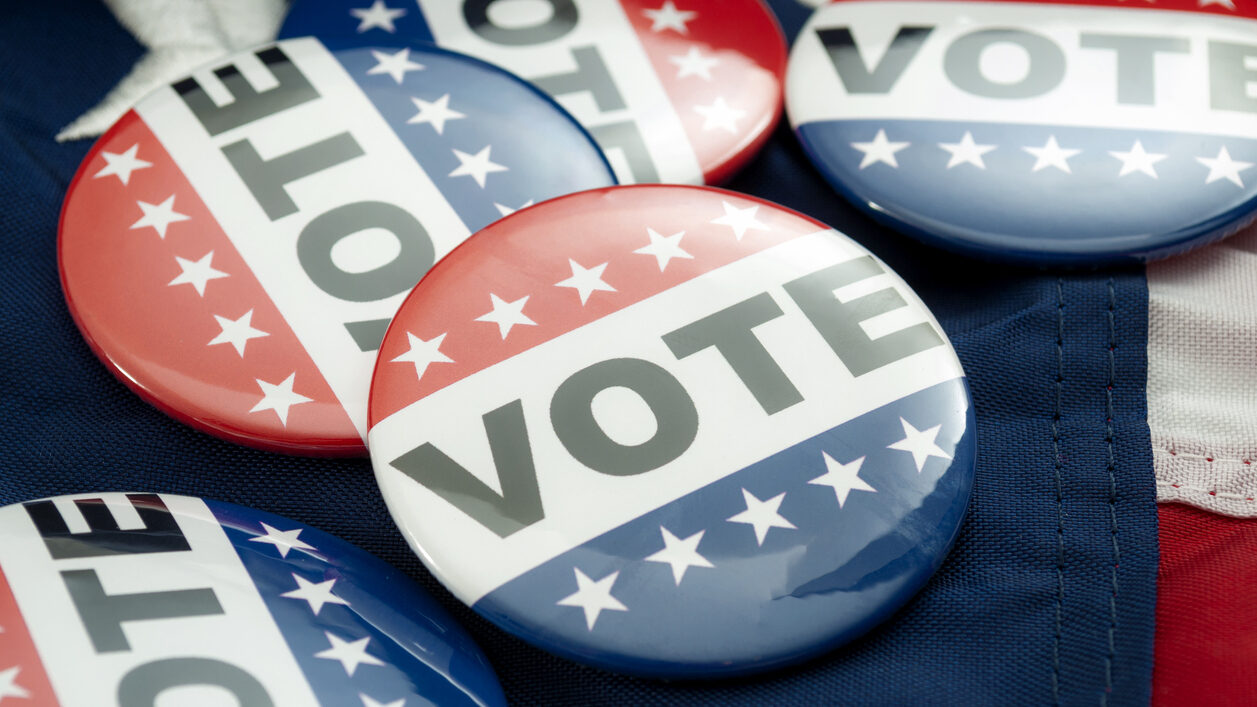The 1965 federal Voting Rights Act (VRA) was landmark legislation – the culmination of decades of organizing and fighting for racial justice in the United States. The VRA sought to enforce the promises of the Fifteenth Amendment and protect voters of color against racial discrimination in voting. At its height, the VRA protected and expanded the right to vote by outlawing literacy tests, challenging poll taxes, making obstruction of voter registration illegal and requiring jurisdictions with previous histories of racial discrimination to obtain “preclearance” from the U.S. Department of Justice or a court before changing any voting practices or procedures. This legislation protected the right to vote for all eligible citizens.
Unfortunately, the U.S. Supreme Court has steadily weakened those federal voting rights protections over the past decade. Supreme Court decisions on voting rights cases – such as that in Shelby County v. Holder (2013) and Brnovich v. Democratic National Committee (2021) – have, for example, gutted the preclearance requirement and changed the factors needed to prove discrimination in voting laws. These decisions have subsequently allowed states and localities to enact discriminatory voting regulations and practices that have contributed to growing voter suppression across the country. They have also made it increasingly difficult for voters to bring action when they experience discrimination at the polls.
In New Jersey, voters, especially voters of color, already face serious challenges while trying to vote. Late poll openings, long lines, barriers to physical access to polling locations, and lack of language accessibility for those with limited English proficiency, among other obstacles, make voting onerous and difficult. These barriers disproportionately impact Black, Latina/Latino, Asian American and Arab communities, as well as young voters, older voters, voters with disabilities and voters in impoverished areas of the state.
In New Jersey, every eligible citizen has the right to vote – but not everyone has the equal ability to vote.
In order to achieve a strong, racially just democracy, New Jersey must step in where the federal VRA has been weakened and deconstruct the barriers to voting while strengthening voting rights protections. New Jersey can follow the example of other states, such as New York and Virginia, and become a leader in voting rights by passing a strong state voting rights act of its own.
A strong New Jersey Voter Empowerment Act (NJVRA) would:
- In response to the gutting of the federal “preclearance” requirement, create a New Jersey preclearance program that makes local governments with a history of discrimination prove to a newly created New Jersey Division of Voting Rights or to a court that certain changes to the voting process will not harm voters of color before they can go into effect;
- Provide new legal tools to fight discriminatory voting rules and procedures in court;
- Expand language assistance for voters with limited English proficiency;
- Include strong protections against voter intimidation, deception or obstruction at the polls;
- Instruct state judges to interpret election laws in a pro-voter way whenever possible; and
- Ensure local and state voting laws, procedures and regulations do not deny voters of color and other protected categories of voters the right to cast their vote.
Voters in New Jersey deserve a strong state law that allows them to access the ballot easily. They deserve a state that protects them while they exercise their right to vote.

